Q: What exactly is the difference between an automatic and a semi-automatic pallet wrapping machine?
A: Automatic pallet wrapping machines perform all the functions for film wrapping – these include wrapping, cutting and sealing without manual handling. A fully automatic machine ensures that a forklift operator does not need to alight their vehicle to perform one of those tasks, saving time and increasing efficiency.
A: Semi-automatic machines can perform all of the above functions but these tasks can also be executed manually.
Q: Why would you choose one over the other?
A: Automatic: Operations that are supplying pallets to big supermarkets such as Aldi, Woolworths, Coles need to ensure that there are no film tails – also known as “dags” – hanging from the pallet. Automatic machines use a special sealing 180 degree C plate to fuse the end of the tail to the finished wrapped pallet. This way, the tails do not catch on other wrapped pallets during transportation and start to unravel. Any visible tail dags on pallets will be rejected by the supermarkets as they can affect automatic production lines.
A: Semi-automatic: A business that is less likely to have an issue with the end user with problems such as film tails could use a semi-automatic machine. In addition, if the forklift operator needed to perform an additional manual operation such as alighting the vehicle to affix a barcode sticker/label to each wrapped pallet, the recommendation would be to use a semi-automatic machine. This will save on overall costs on the machine price points.
Q: What sort of industries use automatic and what semi-automatic? Why?
A: Automatic: Suppliers of fresh foods to large retailers such as agriculture and farming, as well as logistics companies that have automated production and dispatch lines. Equally, large food retailers such as supermarkets themselves prefer and need fully automatic machines due to the stringent requirements mentioned above, and the sheer volumes of pallets to be processed. These automatic pallet wrapping machines would be integrated into dispatch production lines.
A: Semi-automatic: Small to medium operations and those with additional manual requirements such as barcode applications might be a better fit for semi-automatic machines.
Q: Do/can users transition from one solution to another? Why?
A: A company may obtain a new contract to be fulfilled. The business may be expanding and has different needs and requirements from previous operations. This could also be a good opportunity to explore rental and leasing options on pallet wrapping machines.
Q: How often do pallet wrapping machines needs servicing? Are some more ‘high maintenance’ than others?
A: The more automated the machine, the more frequent the servicing required.
As always, in order to make the best recommendation for individual circumstances, a visit to site by a pallet wrapping specialist is always required.


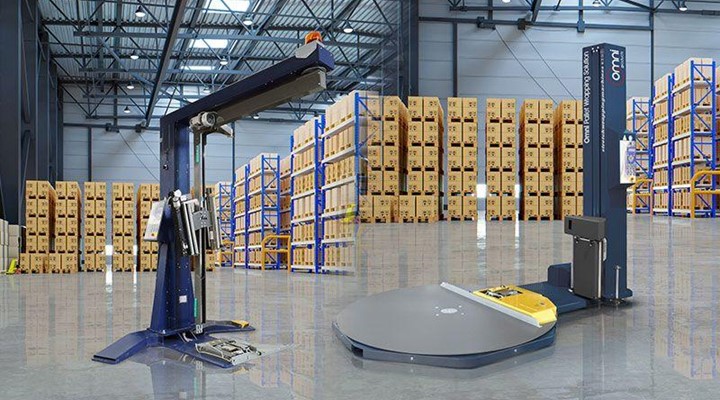
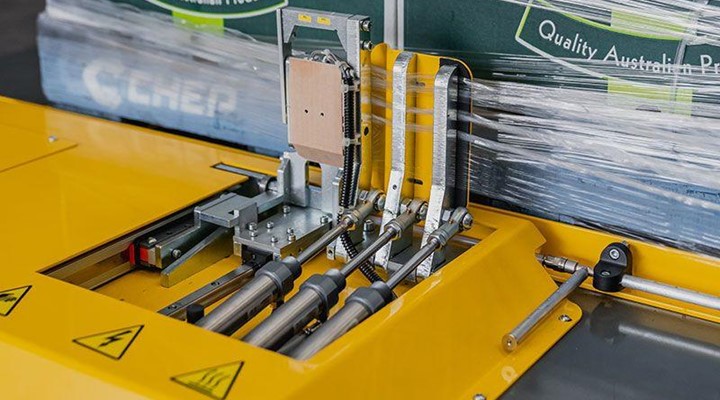
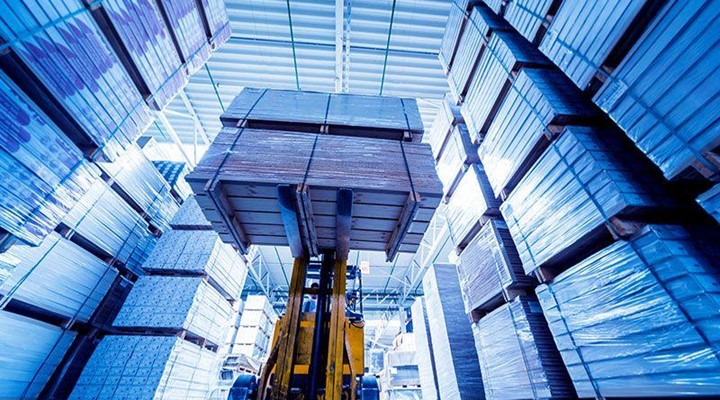
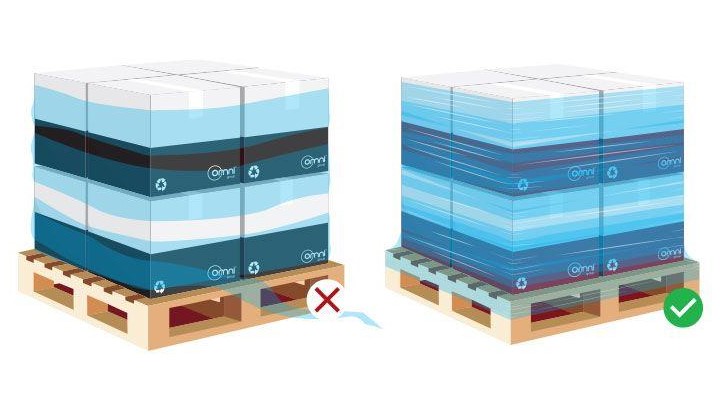

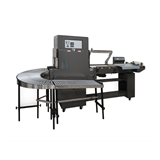

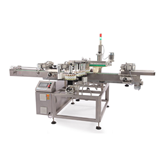
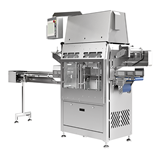


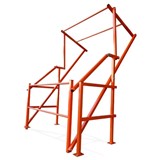
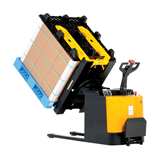
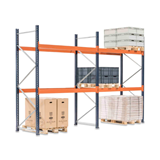




-160x160-state_article-rel-cat.png)
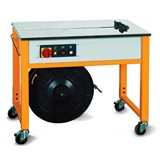
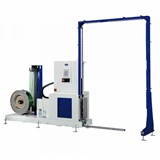


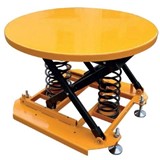
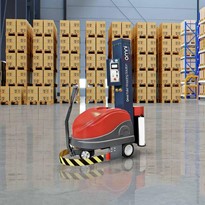
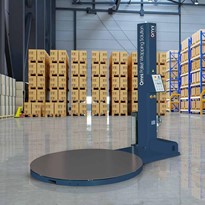
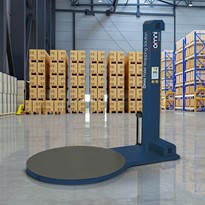
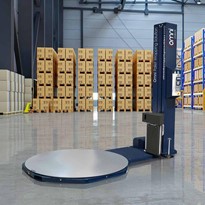
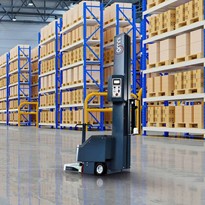
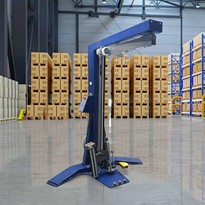
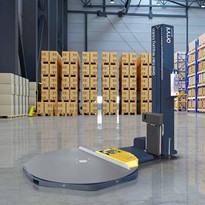
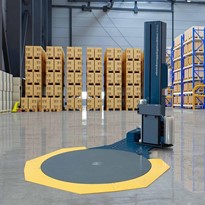
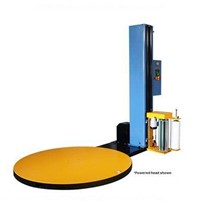
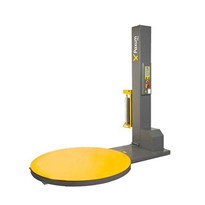
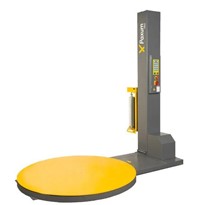

-205x205.jpg)
-205x205.jpg)
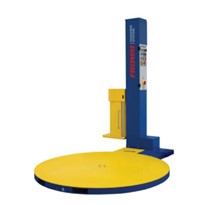
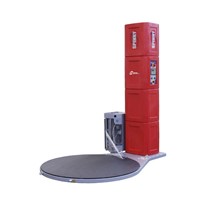
-205x205.jpg)
-205x205.jpg)
